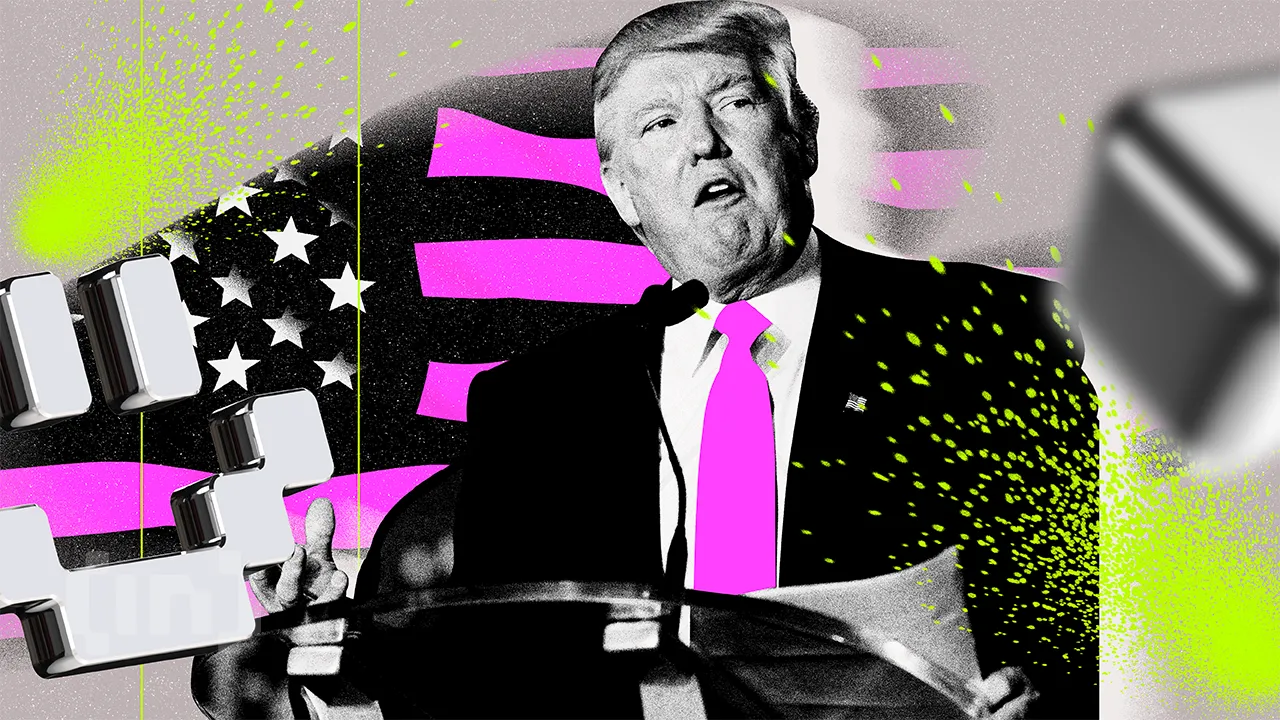India’s current stance on cryptocurrencies has been making waves in the world of digital finance. The government is considering implementing a ban on popular cryptocurrencies like Bitcoin and Ethereum, in order to pave the way for their own central bank digital currency (CBDC). This move is being supported by key regulatory institutions in the country, who are advocating for tighter control over the digital currency landscape.
Cryptocurrency enthusiasts and investors are on edge about the potential ban, as it could disrupt their investments and trading activities. The uncertainty surrounding the future of crypto regulation in India has left many wondering about the implications of such a decision. Will this move stifle innovation and growth in the crypto sector, or will it pave the way for India to lead the digital currency revolution?
As India contemplates banning cryptocurrencies in favor of its own CBDC, the global crypto community is watching closely. The impact of such a decision could ripple across the world, affecting not just Indian investors but also the broader digital currency market. The potential ban could lead to increased regulatory scrutiny in other countries, as governments grapple with the rise of decentralized finance and digital currencies.
For individuals like me, who have invested in cryptocurrencies, the ban could mean a significant loss in value and potential obstacles in accessing and trading digital assets. However, it could also open up new opportunities for investments in India’s CBDC and other emerging digital currencies.
In conclusion, India’s move to ban cryptocurrencies in favor of its own CBDC is a bold step that could have far-reaching implications for the global digital currency market. As the debate over crypto regulation continues, it is essential for investors and enthusiasts to stay informed and adapt to the changing landscape of digital finance.





